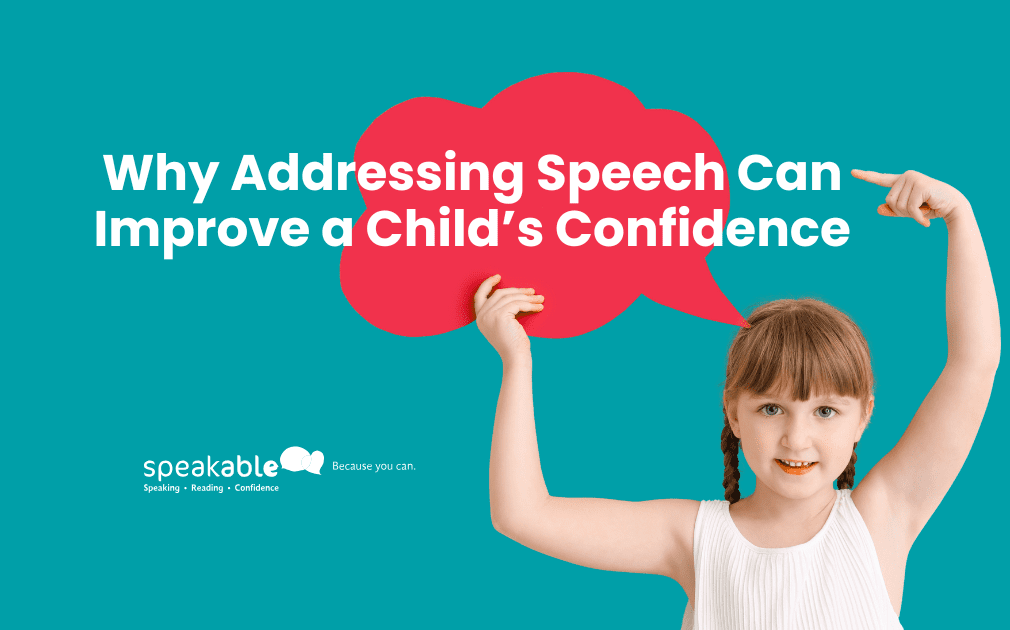Why Addressing Speech Can Improve a Child’s Confidence
Introduction
✨ Imagine being a child who knows exactly what they want to say, but struggles to get the words out. This challenge is not only about communication — it directly impacts self-esteem, social courage, and even the willingness to participate in school activities.
In our blog How Play Builds Language Skills, we’ve already shown how language and emotions go hand in hand. Here, we’ll look more closely at the relationship between speech and confidence.
The Emotional Side of Speech Challenges
Children facing speech difficulties often feel frustrated, anxious, or even embarrassed. This can lead to avoiding social situations, fear of making mistakes, or even withdrawal behaviours.
As highlighted in this article from Wellbeing Magazine, the emotional impact of speech challenges can be just as strong as the academic one — which is why speech should be seen as a bridge to overall wellbeing.

How Speech Therapy Builds Confidence
Every small achievement — saying a word more clearly, forming a sentence in class, or having a successful peer conversation — makes a child feel understood. This external recognition turns into internal confidence.
At Kids First Services, experts highlight that celebrating small victories is key to building resilience and motivation.
The Ripple Effect of Confidence
Growing confidence in speech goes far beyond communication itself:
✨ At school, children participate more, raise their hands, and take risks in answering questions.
🤝 With peers, interactions become more natural and enjoyable.
💡 Emotionally, there’s less anxiety and more openness to new experiences.
To dive deeper into this aspect, check out our guide Why Storytelling Is the Secret to Unlocking Complex Language in Children, where we explain how storytelling strengthens both vocabulary and self-esteem.

How Parents and Teachers Can Support
- Listen patiently: give children time to find their words.
- Celebrate progress: small achievements matter a lot.
- Create safe spaces: storytelling, play, or shared reading are excellent allies.
- Use visual resources: websites like Speech & Language Kids – Free Therapy Materials offer free games, flashcards, and activities that can be printed and used at home to build confidence in everyday routines.
Conclusion
Speech challenges affect much more than “just words” — they shape how a child sees and feels about themselves. By supporting communication, we are also nurturing confidence, self-esteem, and emotional wellbeing.
👉 Want to start today? Read our post How Play Builds Language Skills and try one simple activity at home. Small practices make a big difference!




